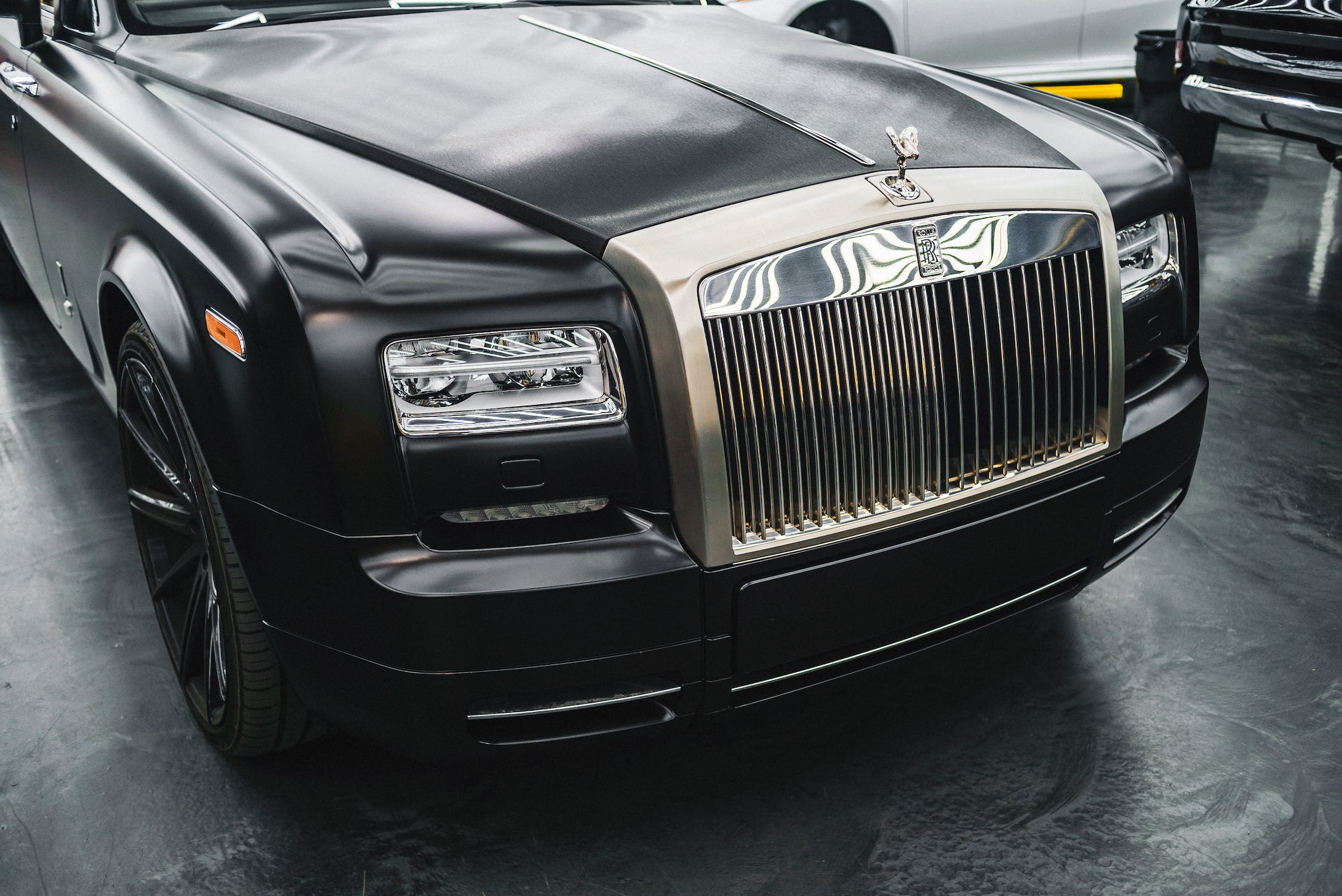
Purchasing a vehicle, whether it’s brand new or pre-owned, is a substantial investment that requires careful consideration. There are several crucial factors to take into account, including your budget, fuel efficiency, vehicle history, and insurance costs. This comprehensive guide aims to assist you in navigating the complexities of buying a vehicle, empowering you to make an informed decision that aligns perfectly with your needs and circumstances. Here are some vital aspects to bear in mind before making your purchase.
The Importance of Defining Your Budget
Embarking on your vehicle purchasing journey begins with defining a realistic and sensible budget. It’s essential to evaluate your financial circumstances and determine how much you can afford to spend without straining your finances. Consider not only the upfront cost of the vehicle but also ongoing expenses such as maintenance, fuel, and insurance. A well-planned budget serves as a financial roadmap, helping to narrow down your options and steer clear of potential fiscal pitfalls.
On the other hand, exceeding your budget can lead to financial stress and may even put you in a precarious situation. So before you start browsing cars, take the time to analyze your finances and set a maximum limit for your vehicle purchase.
Evaluating Fuel Efficiency
Fuel efficiency is an important consideration when purchasing a vehicle. The type of fuel used by the car and its average mileage per gallon are crucial factors that can significantly impact your overall expenses. For instance, a car with high fuel efficiency will be more cost-effective in the long run, making it a smart choice for those on a tight budget.
Electric and hybrid cars are gaining popularity due to their excellent fuel efficiency and environmentally friendly nature. However, keep in mind that they may come with a higher upfront cost. It’s essential to weigh the pros and cons of different fuel options and choose one that aligns with your budget and needs.
Choosing the Right Vehicle Brand and Model
Selecting the right brand and model of vehicle is a critical aspect of the car buying process. It’s important to research different manufacturers, taking into account their reputation for quality, reliability, and customer service. The model you choose should fulfill your specific needs, whether that means ample interior space for family outings, compact size for urban commuting, or strong off-road capabilities for adventuring. For instance, when looking for a Rolls-Royce Charlotte offers a range of luxury vehicle dealerships with models tailored to fit different lifestyles and preferences. Reviews from current and previous owners can prove invaluable in gaining insights into a vehicle’s performance, comfort, and potential maintenance issues. If you have an eye on a specific model, it’s also helpful to test drive the car and see how it feels on the road.
Additionally, safety ratings from reputable organizations such as the National Highway Traffic Safety Administration (NHTSA) and the Insurance Institute for Highway Safety (IIHS) can provide peace of mind about your chosen vehicle’s ability to protect its occupants in a collision. Remember that while brand loyalty can be compelling, it’s essential to make an objective decision based on your needs, circumstances, and the vehicle’s overall value for money.
Checking Vehicle History
When buying a pre-owned vehicle, it’s crucial to check its history thoroughly. This can help you avoid purchasing a car with hidden issues or a problematic past. You can request a vehicle history report that provides information about previous accidents, repairs, and ownership records. Additionally, it’s advisable to have a trusted mechanic inspect the vehicle before making the purchase.
A good idea when buying a pre-owned vehicle is to look for certified pre-owned options. These cars go through a rigorous inspection process and come with extended warranties, giving you peace of mind that the car is in good condition.
Estimating Insurance Costs
Purchasing a car comes with additional expenses beyond the initial cost of the vehicle. One crucial aspect often overlooked is insurance costs. It’s important to research the insurance rates for different car models and consider factors such as safety ratings, theft rates, and repair costs. This can help you choose a vehicle that not only fits your budget but also has reasonable insurance costs.
Another tip is to opt for higher deductibles, which can lower your monthly premiums. However, make sure to set aside some money in case of an accident or damage to the vehicle. The type of coverage you choose will also impact your insurance costs, so it’s essential to understand the different options and choose one that meets your needs.
All in all, It’s important to take into account various factors such as your budget, fuel efficiency, brand and model, vehicle history, and insurance costs. Your goal should be to find a vehicle that suits your lifestyle, meets your needs, and aligns with your financial capabilities. By doing your due diligence and considering all these factors, you can make a well-informed decision that you’ll be happy with for years to come. Remember, the key to a successful vehicle purchase lies in thorough research, careful budgeting, and patient comparison shopping. When you take the time to do it right, you can drive away in your dream car with confidence and peace of mind.




